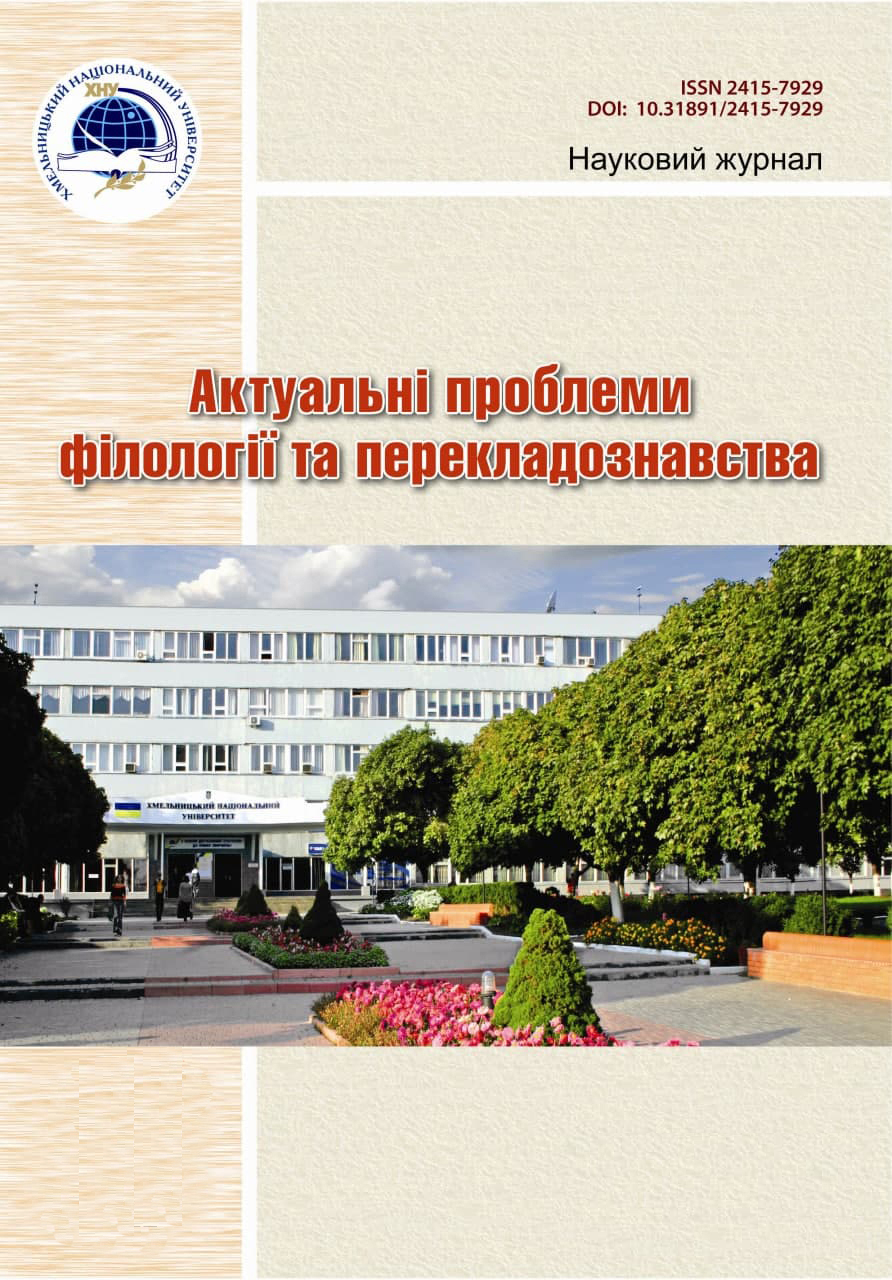CORPUS LINGUISTICS: MODERN APPROACH AND RESEARCH PERSPECTIVE
DOI:
https://doi.org/10.31891/2415-7929-2021-22-7Keywords:
text, corpus, corpus linguistics, corpus annotation, application of corpus linguisticsAbstract
The article deals with the analysis of the characteristic features of corpus linguistics. Corpus linguistics is the study of language data on a large scale - the computer-aided analysis of very extensive collections of transcribed utterances or written texts. The article outlines the basic methods of corpus linguistics, explains the influence of the generative linguists on corpus linguistics, and surveys the major approaches to the use of corpus data. Clear and detailed explanations lay out the key issues of method and theory in contemporary corpus linguistics. Corpus linguistics is viewed as a key methodology to explain large linguistic data in the humanities and social sciences. An overview of the main concepts relating to corpus annotation is provided. It is restricted to automatic annotation of electronic text, which is the most common kind of annotation in the context of contemporary corpus linguistics. We focus on the annotation of texts and consider the following three main types of annotation: (1) metatext annotation, (2) structural annotation, and (3) linguistic annotation. Possibilities of using the corpus approach for linguists and specialists of other branches of science are outlined. Using corpora in language teaching has enabled language research with its natural language approach. Corpus tools help to investigate actual usages and characteristics of certain genres in order to improve syllabus design and develop more effective classroom exercises. E-communication analysis allows extracting information on language that does not tend to be open to intuitive inspection and trace its changes on the lexical, semantic, and grammar level. Besides pure linguistic inquiry, researchers had begun to apply corpus linguistics to other academic and professional fields, such as the emerging sub-discipline of law and corpus linguistics called forensic linguistics, which seeks to understand legal texts using corpus data and tools.
Downloads
Published
Issue
Section
License
Copyright (c) 2021 С. ГОЛОЩУК (Автор)

This work is licensed under a Creative Commons Attribution 4.0 International License.

